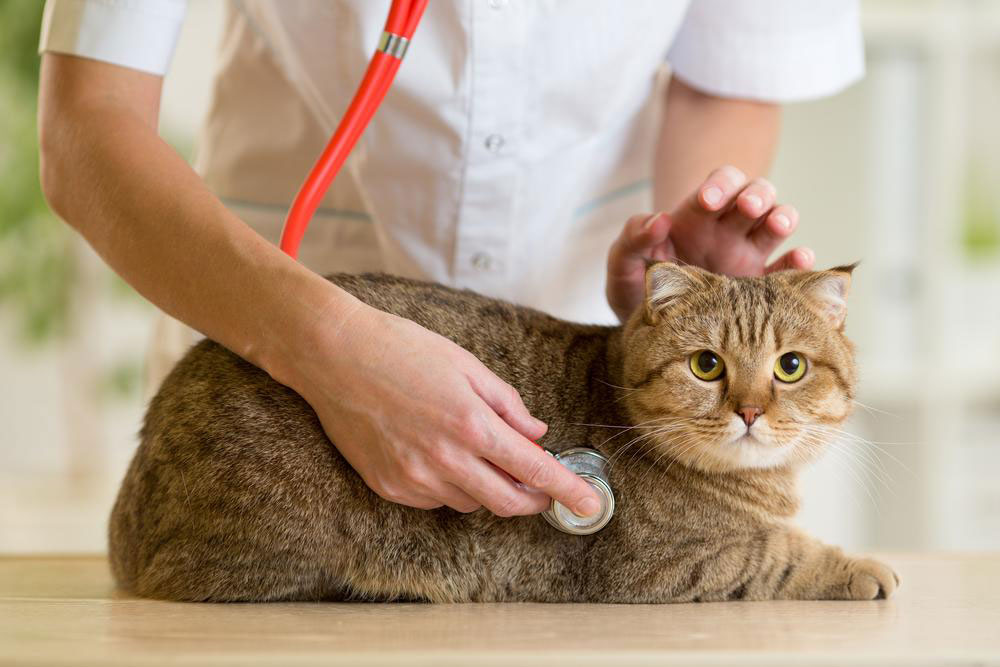Essential Guide to Common Dog Health Problems and How to Recognize Early Signs
This comprehensive guide highlights common health issues in dogs, including ear infections, kennel cough, UTIs, diarrhea, and skin infections. It emphasizes the importance of early detection, regular vet visits, and proper care to maintain your pet's health. Recognizing symptoms early can prevent complications and promote a happy, healthy life for your furry friend. Protect your dog by staying vigilant and seeking veterinary advice when needed.

Owning a dog brings immense joy and companionship, but it also comes with responsibilities, especially when it comes to their health. Just like humans, dogs are susceptible to various health issues that can range from minor inconveniences to serious medical conditions. Recognizing early signs of illness is crucial in ensuring your furry friend's well-being and providing timely veterinary care. This comprehensive guide explores the most common health problems that affect dogs, how to identify their symptoms, and what steps pet owners should take to keep their pets healthy and happy.
Understanding your dog's health and being alert to warning signs can make a significant difference. Many health problems in dogs, if caught early, are treatable and can prevent severe complications later on. Regular check-ups, proper grooming, and paying attention to changes in behavior or physical appearance are vital parts of responsible pet ownership.
Common Dog Health Issues and Their Symptoms
1. Ear Infections
Ear infections are among the most common health concerns for dogs, especially those that spend a significant amount of time outdoors or have floppy ears that trap moisture. These infections often occur due to bacteria, yeast, or debris buildup inside the ear canal. If neglected, they can cause discomfort, pain, and even lead to more serious complications such as hearing loss.
Signs of an ear infection include persistent scratching at the ears, head shaking, redness or swelling around the ears, foul odor, and discharge that may be yellow, brown, or pus-like. Sometimes, dogs may tilt their heads or show signs of pain when the ears are touched. If you notice these symptoms, it’s essential to seek veterinary assistance promptly. Proper diagnosis and treatment — often involving cleaning and medication — can resolve the issue effectively.
2. Kennel Cough
Kennel cough is a highly contagious respiratory infection that spreads easily in places where dogs congregate, such as kennels, parks, or grooming salons. It resembles a persistent cough and may be accompanied by sneezing, runny nose, and watery eyes. Though often mild, kennel cough can sometimes lead to bronchitis or pneumonia, especially in puppies or immunocompromised dogs.
Owners should ensure their dogs are up-to-date with vaccinations and avoid exposing them to infected environments during outbreaks. Maintaining good hygiene, providing plenty of rest, and monitoring symptoms are vital. If coughing persists for more than a week or if your dog shows difficulty breathing, lethargy, or loss of appetite, consult your veterinarian immediately. Antibiotics or cough suppressants may be prescribed to treat severe cases.
3. Urinary Tract Infections (UTIs)
Urinary tract infections are common in both male and female dogs and can cause significant discomfort. UTIs occur when bacteria invade the urinary system, leading to inflammation and pain. Dogs with UTIs often exhibit signs like frequent urination, straining while urinating, crying out in pain, or licking the genital area excessively. In some cases, blood may be seen in the urine.
Early detection is critical to prevent the infection from spreading or causing more severe issues like bladder stones. Regular veterinary check-ups, proper hydration, and maintaining good hygiene are preventative measures. Treatment usually involves antibiotics, and in some cases, dietary changes or additional tests may be needed to find underlying problems.
4. Diarrhea
Persistent diarrhea can be alarming for pet owners, as it indicates gastrointestinal distress. Causes range from eating spoiled or unfamiliar food to stress, parasites, allergies, or underlying health conditions. Watery stools not only cause dehydration but can also lead to further complications if left untreated.
Monitoring your dog’s diet and environment helps in prevention. If diarrhea lasts more than 24 hours, is accompanied by vomiting, or the dog shows lethargy, pale gums, or weakness, seek veterinary care immediately. Diagnostic tests may include fecal exams, blood work, or imaging to identify parasites, infections, or other gastrointestinal issues. Supportive care with fluids, dietary adjustments, and medications can help restore your dog's health.
5. Skin Infections
Skin infections are common among dogs, especially those with allergies, wounds, or excessive shedding. These infections can cause redness, swelling, hair loss, and discomfort, often worsened by scratching or biting. Bacterial or fungal infections sometimes develop from cuts, bites, or poor hygiene, creating an environment conducive to microbial growth.
Early intervention is essential to prevent the spread or worsening of skin conditions. Regular grooming, prompt wound treatment, and checking for signs of irritation are key preventative measures. If your dog exhibits persistent itching, redness, pus, or hair loss, consult your veterinarian. They may prescribe topical or oral medications, and in some cases, recommend allergy testing or dietary modifications to manage chronic skin problems effectively.
Preventative Care and Regular Vet Visits
Maintaining your dog’s health involves routine veterinary check-ups, a balanced diet, regular exercise, and proper grooming. Early detection of health issues significantly improves treatment outcomes. Keeping your pet’s environment clean and providing vaccinations against common canine diseases help prevent many ailments.
It's also crucial to observe your dog's behavior daily. Changes in appetite, activity level, bathroom habits, or signs of discomfort should prompt a consultation with your vet. A proactive approach to pet health reduces the risk of severe illnesses and enhances your dog's quality of life.
Conclusion
Understanding common health issues that affect dogs and recognizing early warning signs can help prevent complications and ensure your furry friend remains healthy and happy. Regular veterinary care, attentive observation, and prompt action are the best tools to safeguard your pet’s health. By staying informed and proactive, you can enjoy many joyful years with your loyal companion.





